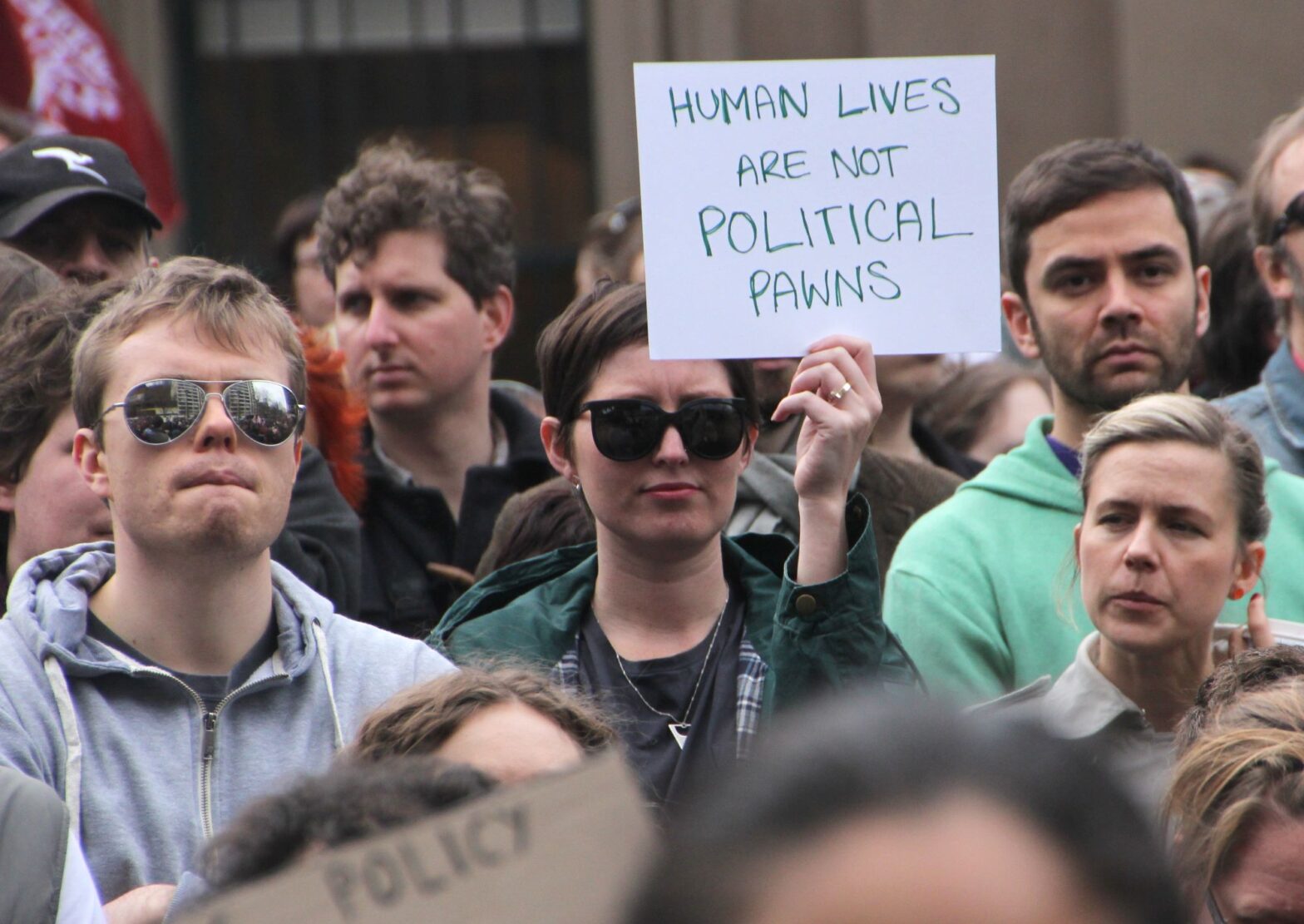
Aggravated Trespass
Aggravated trespass is an offence under section 68 of the Criminal Justice and Public Order Act 1994. It can only be tried in the magistrates’ court and carries a maximum penalty of three months’ imprisonment.
A person commits this offence if they trespass on land in the open air and, in relation to any lawful activity taking place on that land (or nearby), do anything intended to intimidate, obstruct, or disrupt those engaged in it.
A recent High Court ruling clarified an important point: does the Crown need to prove that a defendant knew, or was reckless as to whether, they were trespassing? The court’s answer was no. It emphasised that trespass is a long-standing concept in civil law that does not require proof of intention or recklessness. Parliament, the court explained, would have made it clear if it intended the word to carry a different meaning in the aggravated trespass offence. Arguments based on human rights grounds were also rejected.
This decision has practical consequences. By removing the need to prove knowledge of trespass, prosecutors may find it easier to secure convictions against protesters who enter private or restricted land to disrupt lawful activity. Campaigners, however, have expressed concern that this narrows the space for legitimate protest and increases the risk of criminal liability for those taking direct action.
The judgment comes against a backdrop of growing government pressure on police to deal more robustly with disruptive protests, particularly following high-profile incidents such as the Just Stop Oil demonstrations on the M25. Home Secretary Suella Braverman has urged police to make fuller use of their powers, warning that public confidence is at risk when protests bring major roads to a standstill.
Aggravated trespass is one of many offences designed to regulate protest, and the law in this area is developing quickly. The ruling highlights the need for both protesters and practitioners to understand how courts interpret these provisions. Our firm continues to monitor changes in this complex area and is ready to advise and represent anyone facing prosecution under section 68.
How can we help?
Here at Broadbent’s Solicitors, we make sure we keep up to date with any changes in legislation and case law so that we are always best placed to advise you properly. Additionally, we have years of experience working as Solicitors, so we’re sure to be able to aid with your situation. If you would like to discuss any aspect of your case, please give us a call today on Alfreton: 01773 832 511, Derby: 01332 369 090 and Heanor: 01773 769 891. Moreover, you can fill out our online enquiry form where a member of our team will be in contact shortly.
Image credit: “Human Lives are not political pawns” by John Englart (Takver) is licensed under CC BY-SA 2.0.






